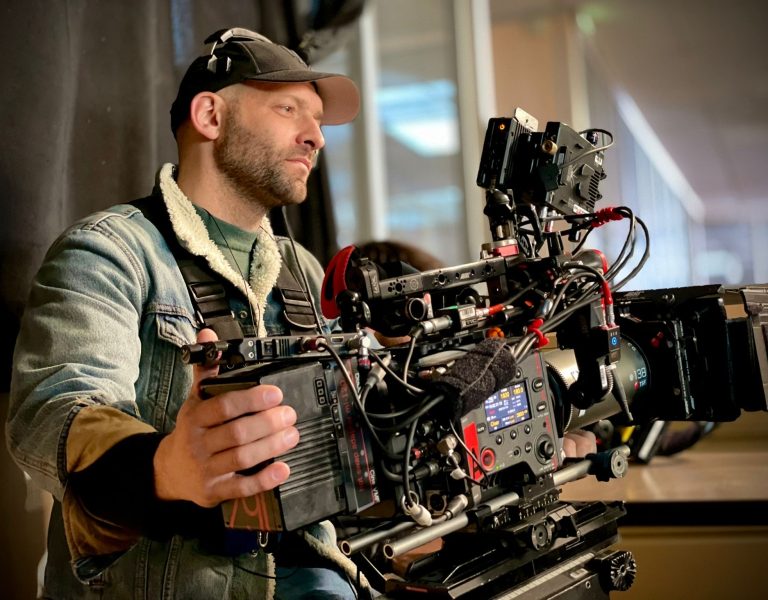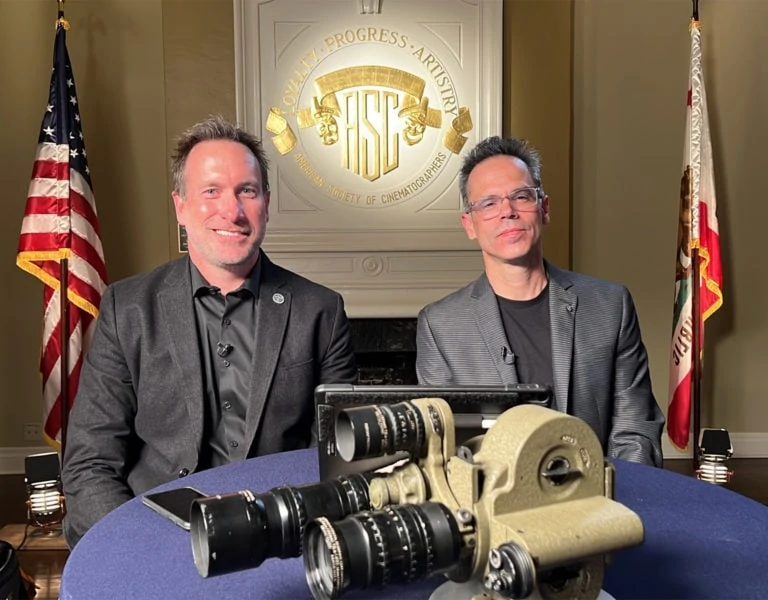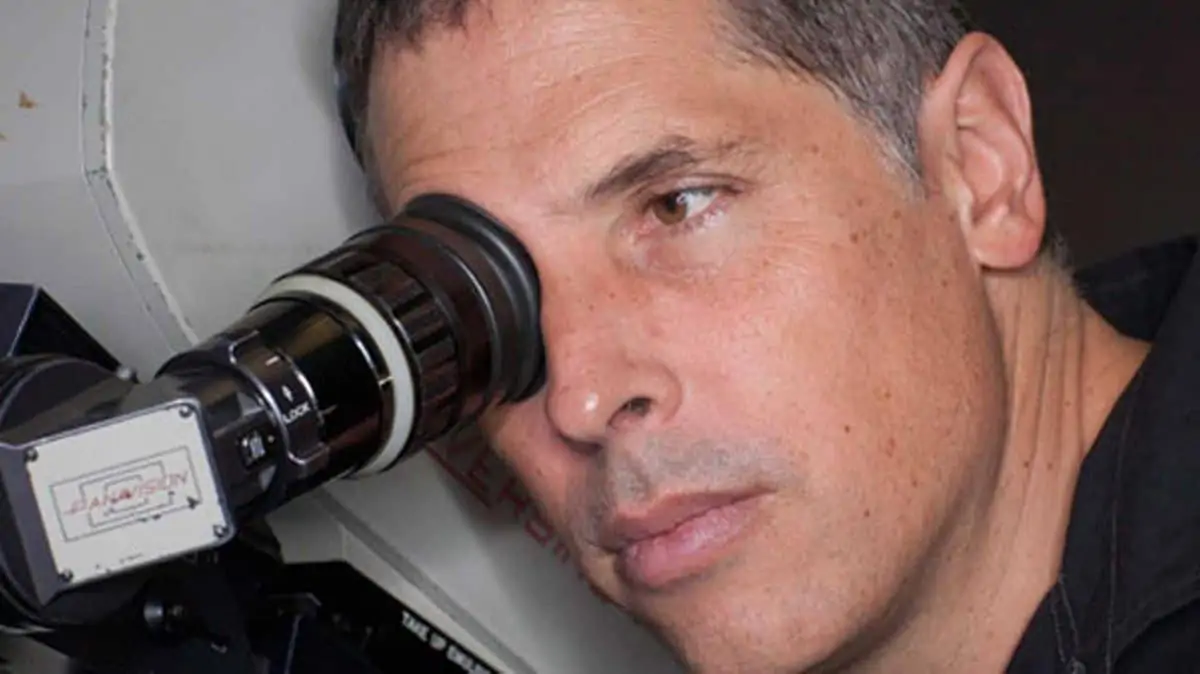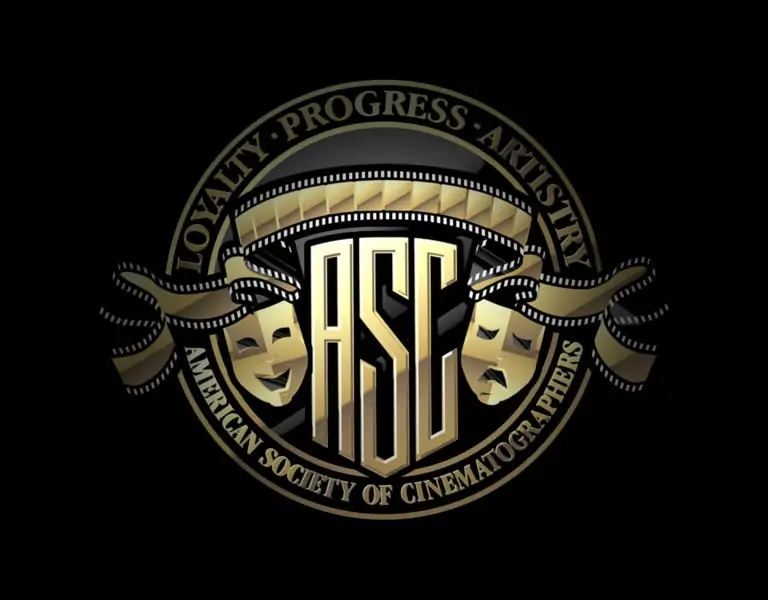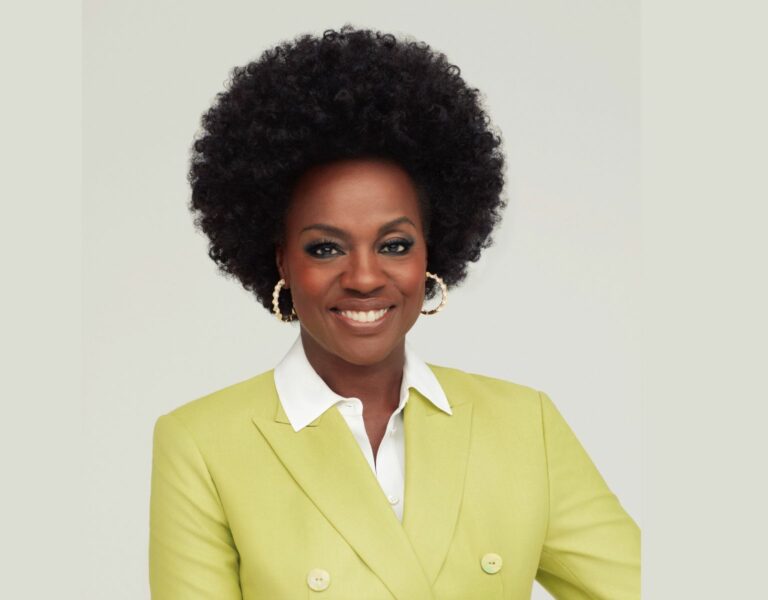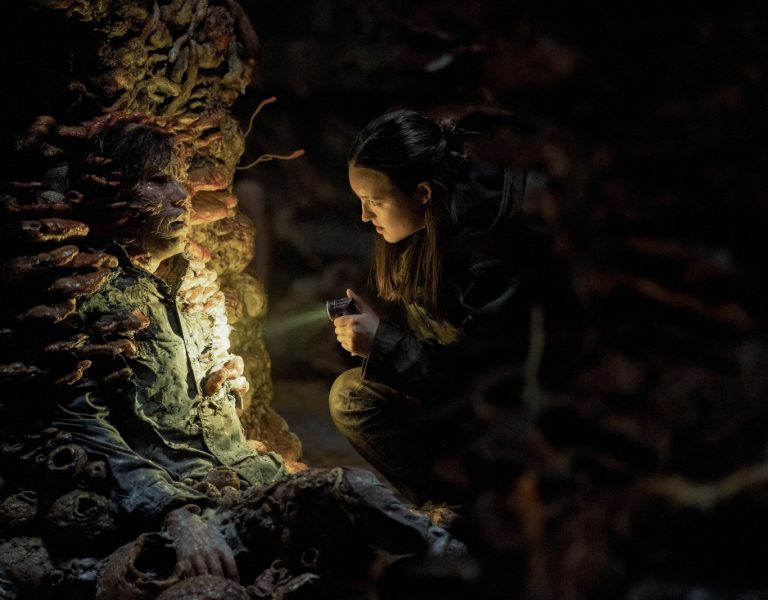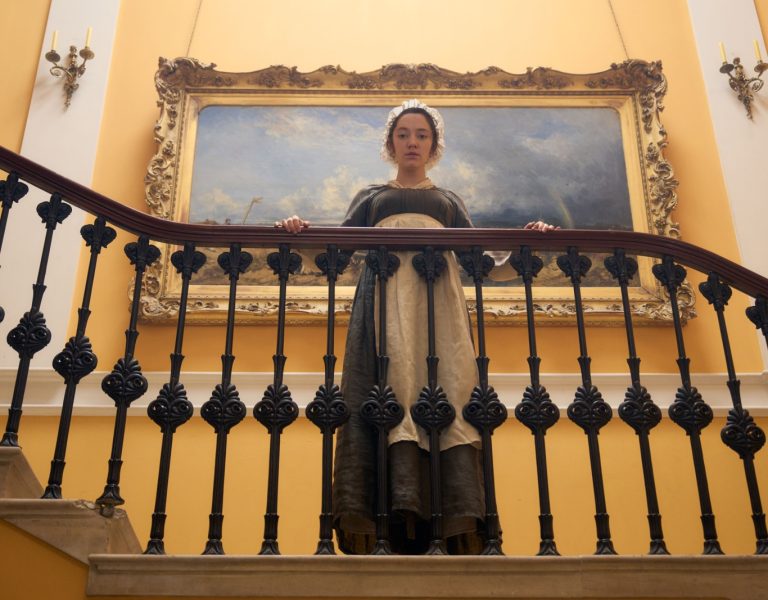Home » Features » Opinion » Award'oeuvres »

As a busy three months of awards season excitement come to a triumphant close, relive all the action from the Academy Awards and ASC Awards.
And so, a term which first entered into storytelling in the early ‘60s, in Flash comics about Earths 1 and 2, on the US side of the pond, and via heralded, UK-born science fiction icon Michael Moorcock, a couple of years later, in one of his “Eternal Champion” stories, is now the stuff of Hollywood lore. We refer, of course, to the “Multiverse”, that same cosmic web that Michelle Yeoh dipped her toes into (and those long, hotdog-sized fingers), in Everything Everywhere All at Once, which, on this timeline, not only won for Best Picture, but every above-the-line award, outside of best actor, along with editing, and kept the momentum acquired through the DGA, PGA, SAG and other precursor awards.
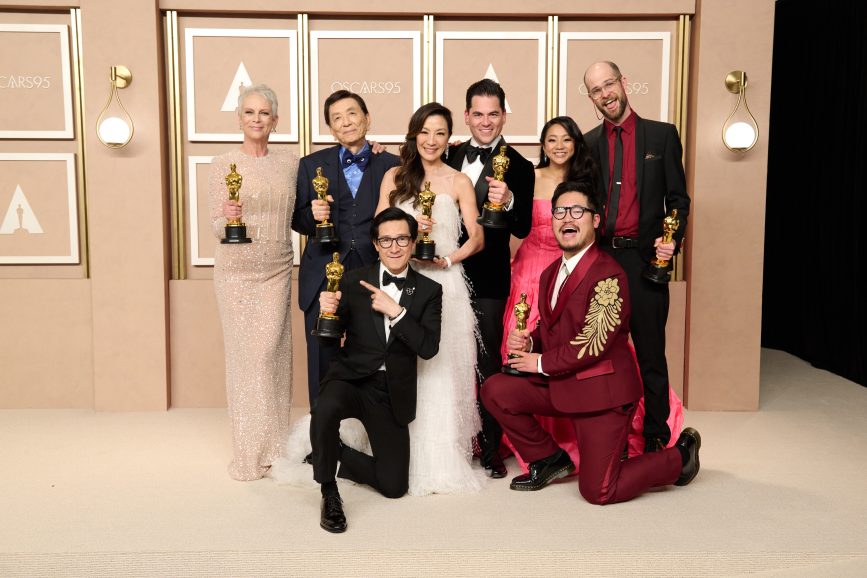
The only recent variance in that litany of wins was the BAFTA for All Quiet on the Western Front, a film which didn’t have too bad an Oscar run either. Its initial beachhead on Academy night came when James Friend ASC BSC won for his riveting, harrowing cinematography. He’d already won a BAFTA too, of course, and earlier, his operator, Daniel Bishop SOC Assoc. BSC ACO had prevailed at the SOC’s own awards for “camera operator of the year”, on the feature film side.
At the time, Bishop had said that “doing a war movie takes its toll, in its own way”, an idea that Friend would pick up on, a couple of weeks later, in the very same room. For indeed, the Society of Camera Operators held its annual awards in the Loews Hollywood ballroom, which the Academy would shortly convert to its backstage “interview room”, where gowned and tuxedoed Oscar-night winners would amble down the hallway, or “Winner’s Walk”, as it’s dubbed, from the Dolby Theatre, for their Q&As with the press (who are also admonished to don their preference in formal wear, for the evening).
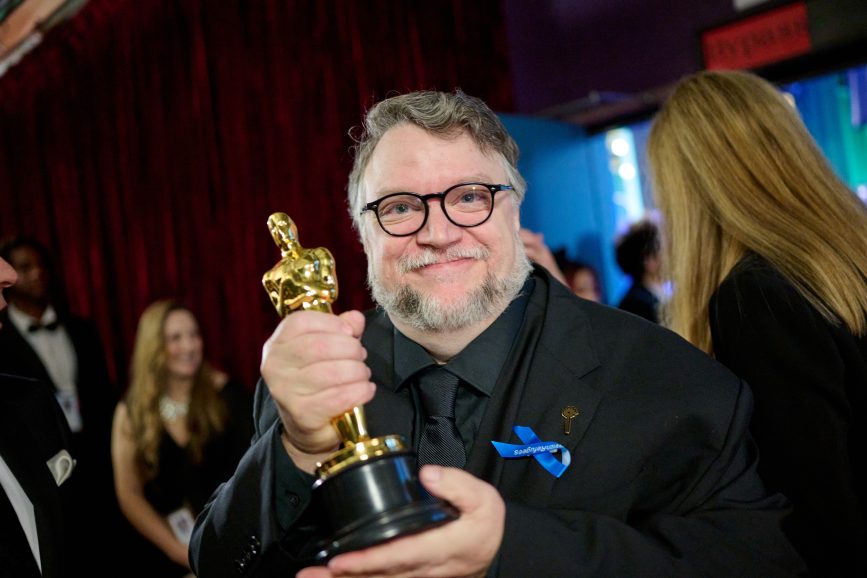
DEL TORO’S TRIUMPH
During Friend’s win in the front of the house, Guillermo del Toro had made that walk, and was answering questions with co-director Mark Gustafson, after their Pinocchio copped the prize for best animated feature. The win was part of a pretty good night for Netflix too, the online distributor for All Quiet, and who came in second on the night’s tote board, behind A24 (who, in addition to all their Everything wins, also saw Brendan Fraser win best actor for The Whale). Ironically, earlier in the season Netflix appeared to think such wins were likelier with Glass Onion and Alejandro G. Inarritu’s autobiographical Bardo, but as EEAAO teaches us, every timeline comes with its own surprises.
Del Toro was praising Mexico’s blossoming stop-motion animation scene, while relating a rather horrific story about DP Guillermo Navarro AMC ASC, who’d won an Oscar for Pan’s Labyrinth. Navarro later approached an agent who said to him, “’Why do I want a Mexican? I have a gardener.’” To the gasps around the room, del Toro continued that in the film business there was still “a lot of open and subtle racism ‑ and there is a glass ceiling. There is. And you have to keep pushing it all the time. It doesn’t end with one generation. It doesn’t end with one person. Again, together, you push that limit more and more and create opportunity.”
That was of course one of the evening’s big themes. Indeed, when Michelle Yeoh eventually found her way backstage, acting statue in hand, she said, “tonight we freaking broke that glass ceiling. I Kung Fu’d it out and shattered it, and we need this because there are so many who felt unseen, unheard.”
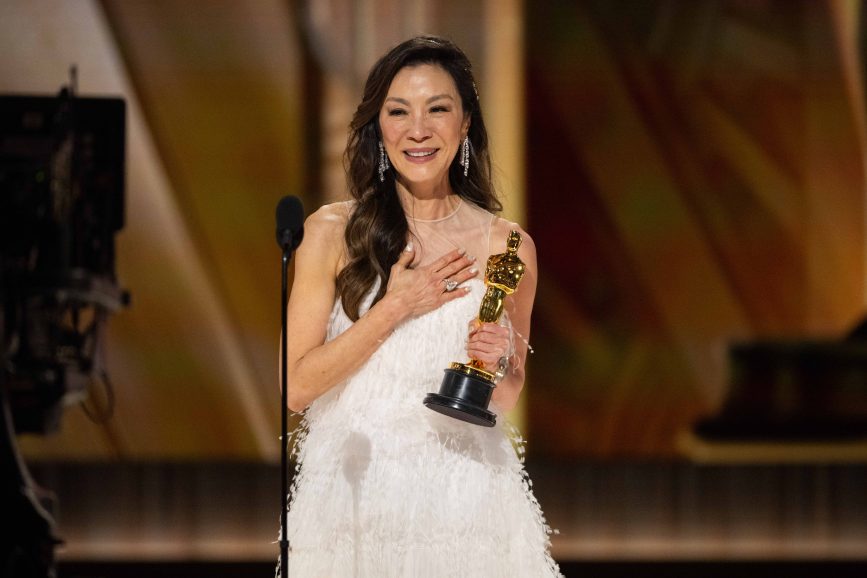
But just as del Toro was making his remarks, out front, Mandy Walker AM ASC ACS was unable to replicate her ASC win for her vivid lensing on Elvis, and thus become the first woman ever to win a cinematography Oscar.
However, a week earlier at the Beverly Hilton, where the ASC awards found itself for the first time in 20 years – since their usual space at Hollywood & Highland was already being prepped by the Oscar folk for the Governor’s Ball – Walker Kung Fu’d a glass ceiling of her own, Elvis style! There, she did become the first woman (and the third nominated) to win in the feature film category.
“This,” she said, “is for all the women who will win the award after me.”
None of this is to say Friend was any less deserving, but rather to note the ironic juxtaposition of the timing, which also called up the recurring futility of trying to come up with an objective “best” when art has to compete against itself.
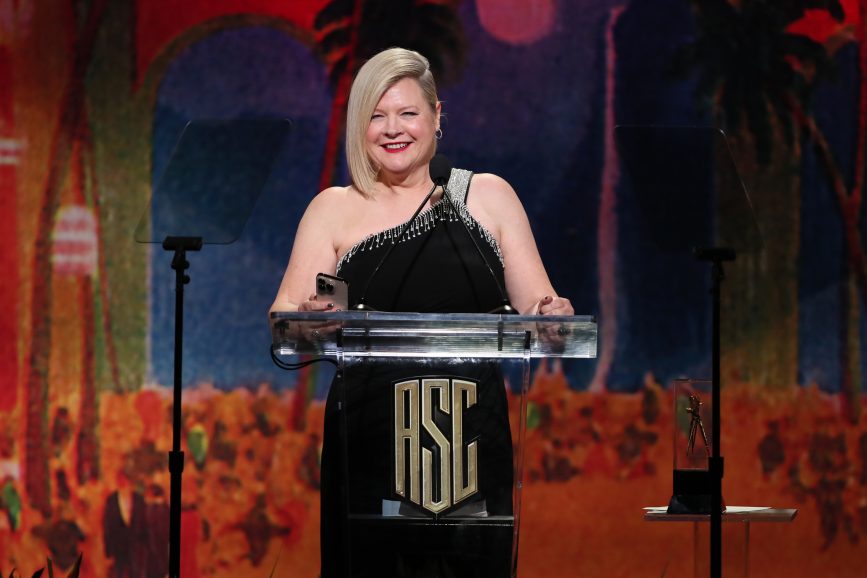
GREATNESS AND GRATITUDE
In addition to Walker’s win the previous week, ASC Award highlights included Board of Governors honouree Viola Davis, who opened with: “I usually don’t like applause all that much, but what the hell… it means I’ve had an interesting life.” She recounted the journey of “this chocolate girl from Central Falls (Rhode Island)”, one that led her “at 57, here with all you beautiful people”, feeling “the most vulnerable emotion of all… Gratitude.”
The evening was in fact suffused with gratitude, as would be the Oscars. Perhaps because, among other things, this was the first “fully fleshed out” award season as we continue to emerge from the pandemic.
Other ASC honourees included Stephen Goldblatt ASC BSC (quoting Martin Scorsese that we’re still finding out “what cinema is”) with a Lifetime Achievement Award, Darius Khondji ASC AFC introduced by his Bardo collaborator, Iñárritu, (who said he was glad to have “discovered a long lost brother this late in life”) for the International Award, and Fred Murphy ASC for Career Achievement in Television, who received one of the evening’s standing ovations.
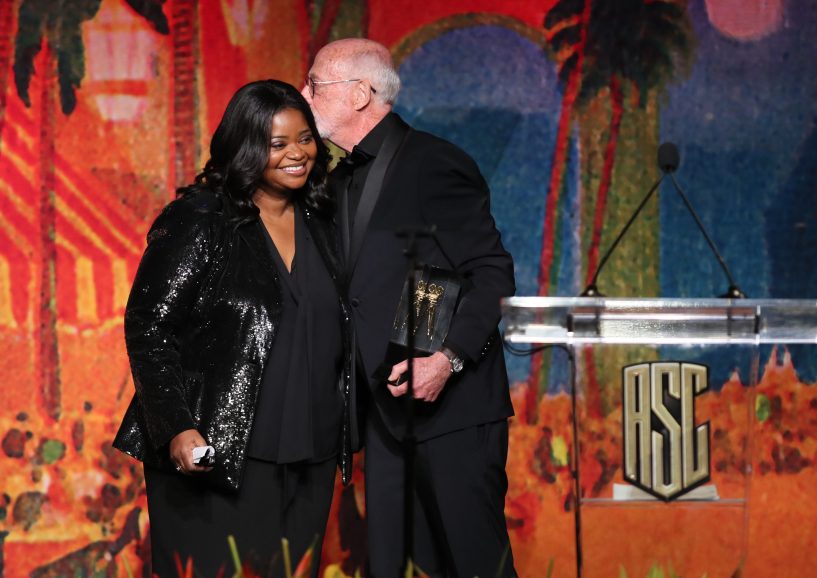
Among the TV winners was M. David Mullen ASC for shooting the Lenny Bruce-live-themed “How Do You Get To Carnegie Hall?” episode of The Marvelous Mrs. Maisel – his fourth ASC nomination for the series, and his first win. He said that he “learned cinematography because of the generosity of cinematographers of the past”, and then proceeded to generously thank his own crew, including his operator, key grip, gaffer and more.
Echoing the thankfulness were documentary winners Ben Bernhard and Riju Das for All That Breathes, with its astonishing insect-to-human scale single takes, and its capturing of the imperiled lives of India’s black kites, and the humans working to save them. Bernhard looked out and said, with a variation on Davis, that “this room is full of people who stick together.”
Das said the whole award was “kind of inexplicable,” as he recounted growing up in India, reading issues of American Cinematographer magazine, and the ASC’s website, “to learn from”.
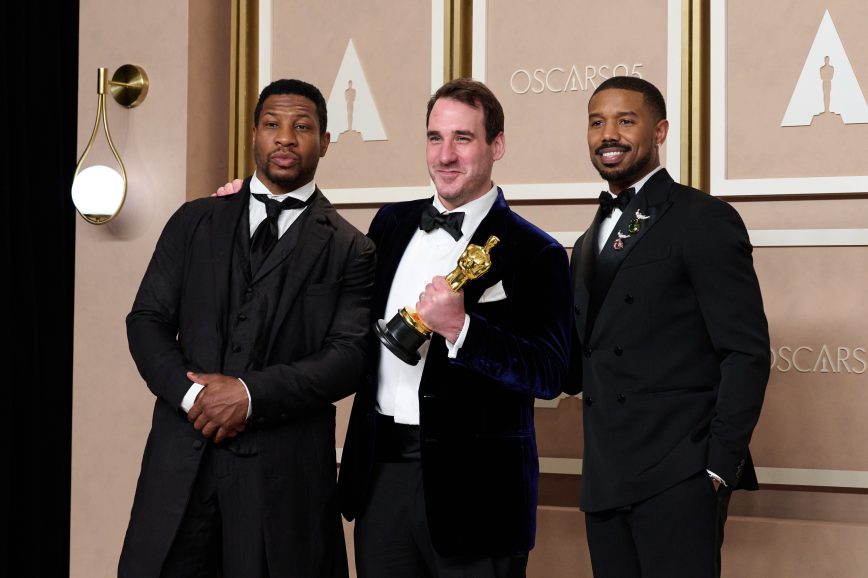
FRIEND ON FIRE
On Oscar night, Friend mentioned he was “a bit overwhelmed, as you can imagine,” as he also amplified the genuine surprise and gratitude that were palpable backstage throughout the evening. He was quick to praise the other nominated DPs, like TÁR’s Florian Hoffmeister BSC, who’d been a mentor. Hoffmeister won his own cinematography award a week before at the Independent Spirit Awards, but wasn’t there to accept, as he was busy shooting in Europe.
We asked Friend what approach he took to developing a “look” for the movie, since World War I has the least visual documentation of any of the nearly ceaseless wars and conflagrations which followed. He answered that the original “novel was everything, to be perfectly honest, and the script – we built it upon that.” But he also echoed Bishop’s earlier comments about the effects of working on a war film, saying such imagery “should not feel beautiful. It should feel horrific – really it’s a horror movie, as far as photography is concerned, (though), yeah, we dug up some World War I photographs.” But again, he emphasised they didn’t look at those for the “photochemical aspect” of recreating a period palette, but rather, for “the horror aspect”.
Friend also thanked All Quiet’s director, Edward Berger and winning production designer Christian M. Goldbeck.
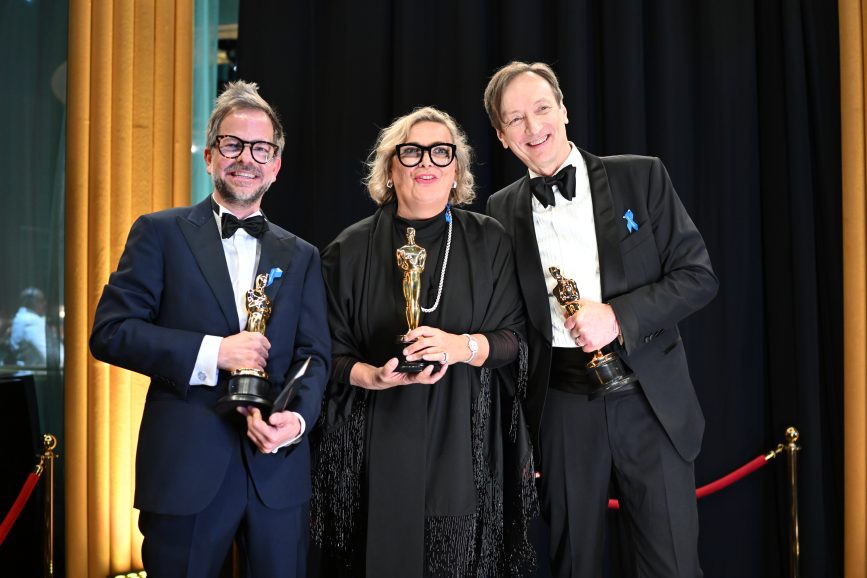
As far as the film’s look, Goldbeck mentioned that they did visit “Belgium, France, South Germany, you know, we visited national museums, we researched it. Only if you dig deep into what there was, then you can replicate it and that is what we tried to do… To beautify war would have been propaganda and we tried to make it as real as possible. And say something against nationalism, first of all. Not knowing,” he added, that there would actually be “a war coming after that.”
It wasn’t the only acknowledgement of the state of the world, amidst the night’s joy. Director Sarah Polley, who’d won a writing award for her adaptation of Women Talking, said: “we live in a world right now where we are kind of creating stories and then shaking our narratives at each other and cheering for a side, and, you know, conversations have become, like, a sport as opposed to genuine exchange and listening… or being open to either changing one’s own mind or somebody else’s.” She contrasted that with the democratised approach this production took, and in response to our question about expanding on the crew contributions she’d begun to mention in an earlier comment, thanked us for the opportunity, and cited casting directors John Buchan and Jason Knight, as well as Luc Montpellier CSC, “my cinematographer, who I’ve worked with since my very first short films, and a lot of people… weighing in very, very early in the process.” That conversation continued with producer Dede Gardner and actress/producer Frances McDormand, and “extended into the editing room”, where, she said, the film kept evolving since “a lot of crew members in the moment would bring their own lived experience into the room, and we would change the script based on it. So (the script) was a very alive, active document that was constantly being collectively built,” adding it was an “organising principle, in a way, of what happens in the story. That really was contagious, and it really impacted the way we all worked, and that was a beautiful, very transformative thing for a lot of us.”
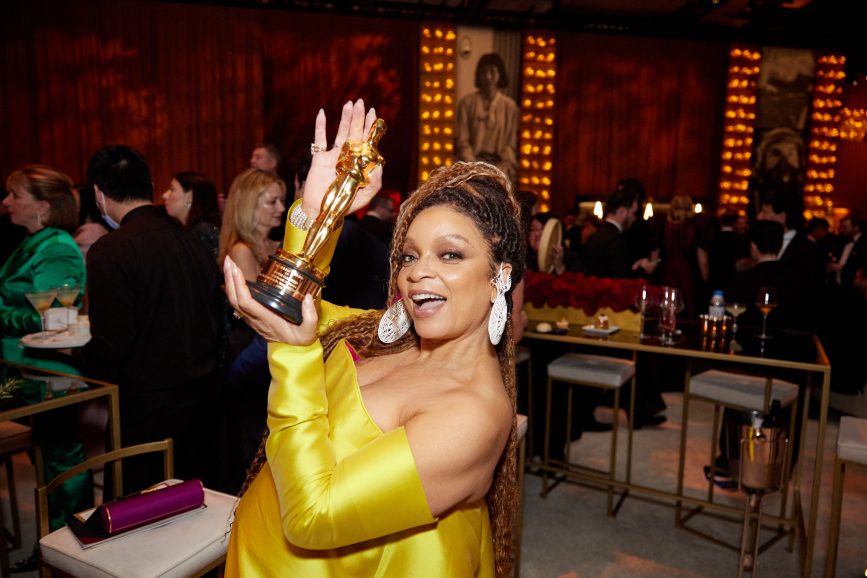
SMASHING GLASS CEILINGS
Additional history was also made by costume designer Ruth E. Carter, who became the first African-American woman ever to win a second Oscar, for her work on Wakanda Forever. “I started, you know, in a single‑parent household. I wanted to be a costume designer,” she recounted. “I studied, I scraped, I dealt with adversity in the industry that sometimes didn’t look like me. I feel that this win opens the door for other young costume designers that may not think that this industry is for them. And hopefully they will see me… and they will think that they can win an Oscar too.”
And still amazed and overflowing with even more thanks that he had won a supporting actor Oscar, was the ebullient Ke Huy Quan, for his role in trying to keep the timelines together in EEAAO. So ebullient, in fact, that this time, the praise for the people in the room even extended to we media minions: “You are the most beautiful looking group of people I have ever seen! Oh my gosh, wow. Can you believe I’m holding one of these? This is so surreal. Wow. So, this is the famous room where all the winners come. Wow. Hi! Good evening!”
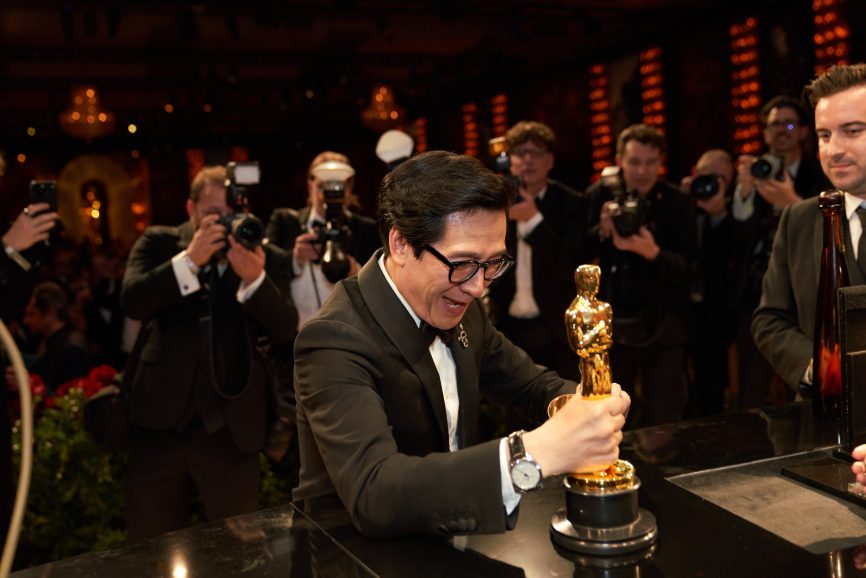
Famous or not, Quan spent a few minutes in that room telling of his own journey, including long years away from acting – not by choice – where he’d scramble to take any job on a set. “I’m just so grateful,” he said later, recalling times when he “didn’t think any of this would be possible. […] God, it has been so crazy.” And then he said something you don’t often hear during award interviews: “All of a sudden my mind is drifting back to the days when I lost my health insurance during the pandemic when I couldn’t get a job.”
He brightened and continued that he was going to call his agent the next day, who he’d previously called every few months, inquiring: “‘Hey, is there anything out there for me?’” And the answer would always be the same: “‘Oh, I’m so sorry. There’s nothing out there, but I’ll continue to look.’ So hopefully when I call my agent tomorrow, he will give me a different answer!”
We will certainly hope. Especially since, now that the gilt of award night is starting to ebb, Hollywood is back to wondering if the looming writers’ strike will in fact come to pass, and how long it might last, overlapped with fraught predictions about the finances of the tech overlords who have financed so much of the streaming fare that keeps everyone employed, let alone, on those rare, lighting-struck occasions, winning awards.
By the time we’re back in Award’oeuvres mode in this space, we should have some answers. At least, on this timeline.




